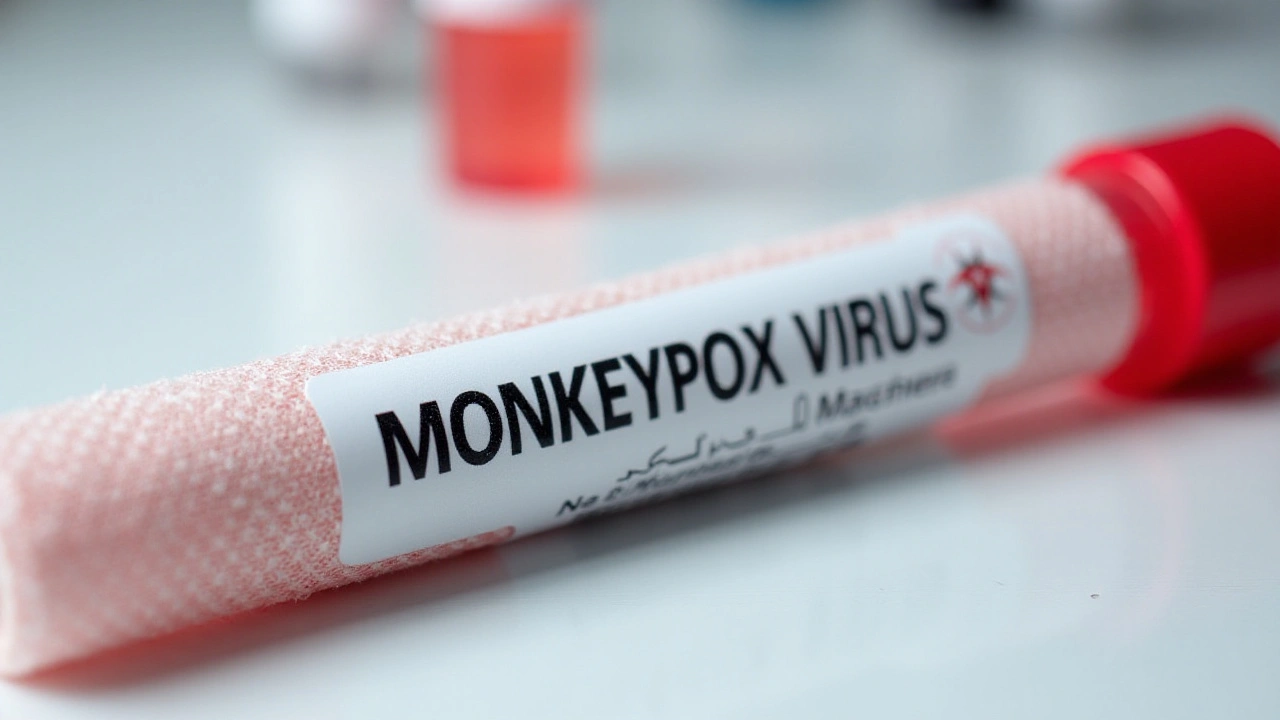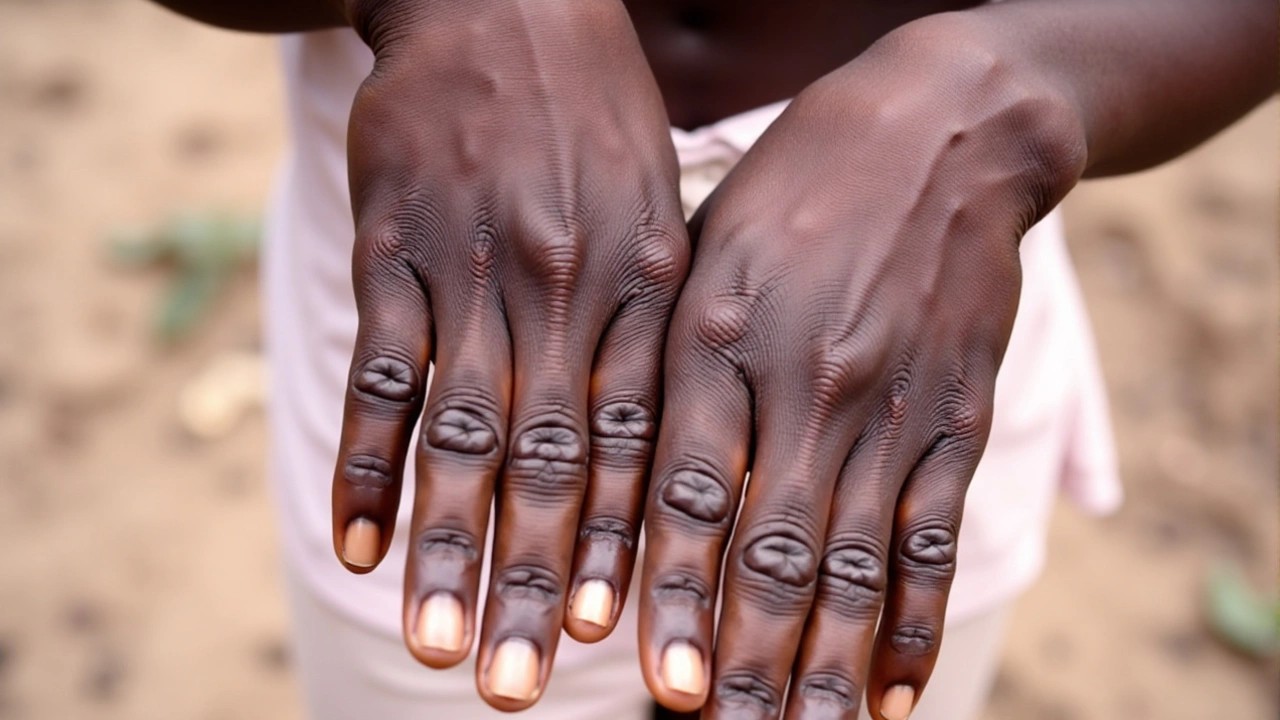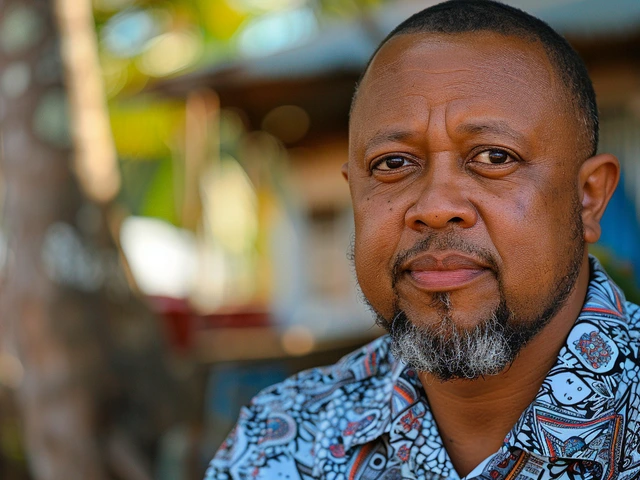WHO Declares Mpox a Public Health Emergency
In a significant move, the World Health Organization (WHO) has once again declared mpox, a viral disease formerly known as monkeypox, an international public health emergency. This declaration comes amid a worrying surge in cases and fatalities predominantly in African nations. The disease, while similar to smallpox, is generally less severe but has nonetheless sparked serious concerns among global health officials.
The Africa Centers for Disease Control and Prevention (CDC) has mirrored this escalation by announcing a continent-wide public health emergency. Such a designation underscores the gravity of the situation and the urgent need for concerted efforts to curb the spread of the virus.
Tracing the Origins and Transmission of Mpox
Mpox is believed to have originated from African rodents and non-human primates, and it can be transmitted through direct contact with infected individuals. This includes sexual interactions and skin-to-skin contact, along with possible transmission from pregnant individuals to their offspring during gestation or after delivery. The disease first made headlines in 1958 with an outbreak among monkeys at a research facility in Denmark, and the first human case was recorded in 1970 in the Democratic Republic of the Congo (DRC).
While historically confined to sporadic incidents in countries like Nigeria and the DRC, the virus has two predominant variants or clades. Clade I is notorious for causing severe illness and is typically found in Central Africa, whereas Clade II is more commonly seen in West Africa.
Symptoms and Characteristics of Mpox
Mpox is usually identified by its hallmark symptom: a blister-like rash that persists for two to four weeks. This rash is often accompanied by fever, fatigue, muscle pain, cough, and sore throat. These symptoms, while distressing, are typically less severe than those of smallpox, yet they can lead to significant discomfort and potential complications if not treated promptly.
Global and Regional Case Counts
The rise in mpox cases outside Africa began in earnest in May 2022, when countries started reporting clusters linked to the Clade II variant. By July of the same year, the WHO had classified the outbreak as a public health emergency of international concern. Fast forward to May 2023, and mpox had spread to over 100 countries, with nearly 90,000 confirmed cases and more than 150 fatalities.
Despite the global alert, transmission rates had started to decline in many regions due to enhanced surveillance, increased awareness among high-risk groups, and the promotion of safe sexual practices. As a result, the WHO rescinded the emergency status by May 2023.
The Current Situation in Africa
However, the situation in the DRC remains alarming, particularly with the more severe Clade I variant driving the surge. By May 2024, the DRC had reported approximately 7,000 mpox cases and over 300 deaths. This resurgence has also spread to other East African nations: Burundi, Kenya, Rwanda, and Uganda have reported their first-ever Clade I mpox cases, stirring fears of a more widespread and lethal outbreak.
Other African countries are also seeing renewed outbreaks of the Clade II virus. In a span of just one month, the number of reported cases across Africa jumped from 465 in May to 567 in June, marking a 22 percent increase. This dramatic rise prompted the Africa CDC to declare the outbreak a public health emergency of continental security, their first-ever such declaration for any outbreak.
Challenges in Response Efforts
Africa CDC Director General, Jean Kaseya, stressed the need for immediate and decisive action. Despite this clarion call, response initiatives in the DRC and other African nations are hampered by numerous obstacles. One of the most pressing issues is the lack of global cooperation and reluctance to share essential resources. For example, while vaccines were swiftly distributed in the US and Europe in 2022, it is only recently that the DRC has started to receive vaccine doses—and even then, only a few hundred thousand doses are available for a population that exceeds 100 million.
National governments and organizations like the African Union are working diligently to strengthen local public health systems and reduce reliance on donor nations. The Africa CDC's recent declaration is a significant step in this direction, but it remains uncertain whether this will lead to a timely influx of the necessary resources to combat the outbreaks effectively.

A Call for Global Solidarity
The world has seen this virus before, and history has shown that mpox can be controlled with concerted efforts and collaboration. However, the current situation in Africa demands a renewed focus and commitment. Without adequate resources and international cooperation, the virus will continue to pose a serious threat not only to the identified regions but potentially to global public health.
The declaration of mpox as a public health emergency by the WHO and the Africa CDC highlights the need for a unified global response. More vaccines, better surveillance, and increased public awareness are critical in ensuring that this outbreak does not escalate further. It is a reminder that in our interconnected world, the health of one region unmistakably impacts the health of all.
In conclusion, while mpox may not be as deadly as smallpox, its potential to cause significant outbreaks, particularly in regions with fragile health infrastructures, cannot be underestimated. The current situation calls for a coordinated, well-resourced response to contain the virus and minimize its impact on affected populations.







Write a comment